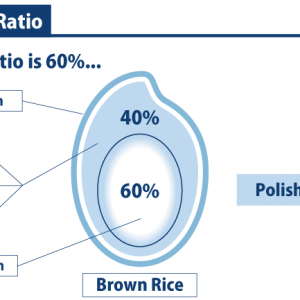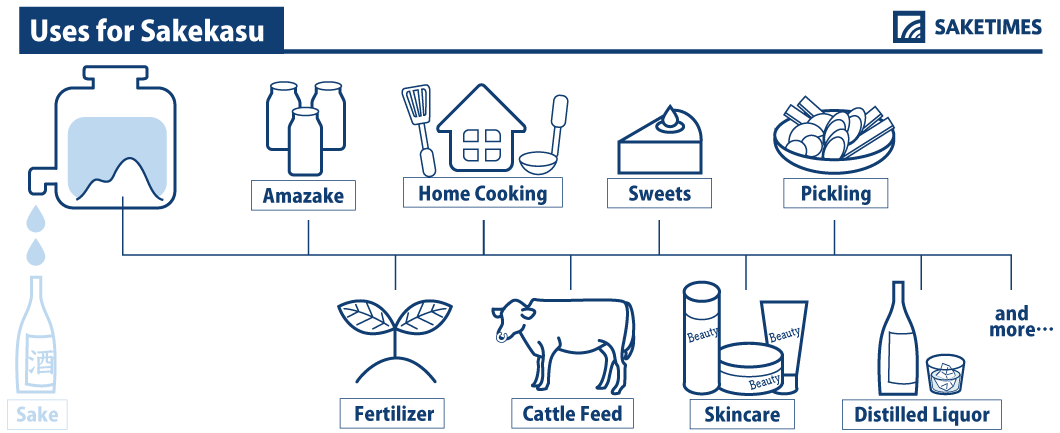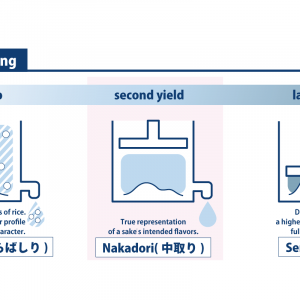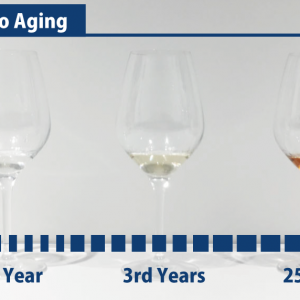
Sake kasu (noun)
[sah-keh kah-sue]
Japanese characters: 酒粕 (酒: sake, alcohol; 粕: dregs, lees, residue)
1. What is Kasu?
Sake kasu, sometimes referred to as sake lees (or occasionally, “kasu” for short), is the pressed rice mash that is left over at the end of the brewing process when the sake is pressed from the fermenting mash. In an average brew, kasu makes up roughly 25% of the total weight of the mash, and is comprised of deposits of residual yeast and any rice solids that could not be fermented.
2. Sustainable sake
Despite being a byproduct, sake kasu has uses and benefits of its own. Being rich in nutrients like protein, vitamins, and amino acids, it has traditionally been repurposed for use as a marinade, in fertilizers, or as a core ingredient in cattle feed. But recent attention on its nutritious quality has highlighted the potential for alternative uses, making it a handy addition to everyday cooking or even skin care routine. The byproduct’s unexplored potential is encouraging not only breweries, but also startups focusing on health, environment, and sustainability to further explore the ways which sake can give back to the Earth!
3. From leftovers to lifestyle
Aside from being a slightly sweet and boozy treat to nibble on, sake kasu makes a delicious dip, or can be used to bake cakes and other sweets. It is also famously behind the popular high-end series of SK-II skincare products, which were inspired by the surprisingly smooth and youthful hands of many elder sake brewers – both male and female. With growing popularity and overall increased market attention on fermented foods and byproducts, more and more breweries have begun selling it at their cellar door or online, with most supermarkets in Japan now stocking it year-around.
Learn More>>Sake-Kasu: Amazing By-product of Sake
Free Sake Infographics:Feel free to download and use them freely from here to help you learn more about sake!





Comments